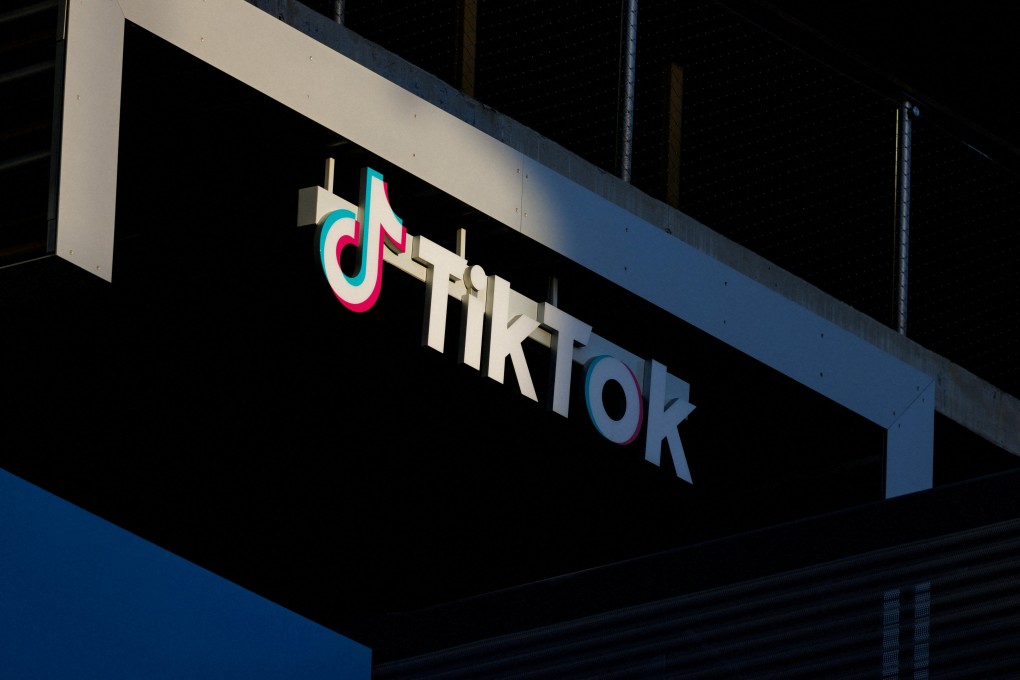
French startup Filigran, which provides open-source tools to help organisations protect themselves against cyber attacks, has raised a $35m Series B. It comes less than 12 months after closing a $16m Series A last February, as the company plans to ride the wave of growing global demand for cybersecurity products. The Series B raise was led by global software VC Insight Partners, with participation from existing investors Accel and Moonfire VC.
It brings the total funding raised by the company to nearly $60m since it launched in 2022. What does Filigran do? Filigran has built products to help organisations carry out “threat intelligence” — which means gathering information about potential cyber threats and anticipating attacks. The startup offers a platform called OpenCTI, which enables cybersecurity teams to collect, store and structure data about threats — and use these insights to inform their cybersecurity strategy and responses to incidents.
This year, Filigran also launched OpenBAS, an attack simulation platform based on the information collected with OpenCTI. Organisations can use OpenBAS to stress-test their infrastructure. Threat intelligence is a competitive market, with established companies like US-based Recorded Future — which was acquired by Mastercard this year for $2.
65bn — offering similar tools to gather and analyse cyber threat data. But Filigran cofounder Samuel Hassine says the company differentiates itself in the ability it gives users to act on the intelligence collected. “The vision is to be proactive, and enable enterprises to test threats as soon as they’ve spotted something new on the dark web, Hassine says.
OpenCTI and OpenBAS are open-source products, meaning any user can download the code for the platforms for free and create their bespoke infrastructure. Filigran monetises services that come on top of the code, such as AI analytics and automation of tasks, which enable companies to “truly unlock the full capabilities of the platform,” he says. Commercialising open-source products In just two years Filigran has seen rapid growth.
There are 6,000 public and private organisations using OpenCTI and OpenBAS, according to the company — including the FBI and the European Commission, as well as high-profile companies ranging from Airbus to Hermès. Filigran says that more than 100 of these are paying customers. In 2023 — the company’s first full fiscal year — it achieved €2m in annual recurring revenue (ARR).
The company doesn’t share revenue for 2024 but Hassine says that there has been “significant acceleration” this year, and that the objective is to reach €20m in ARR in the next 18 months. Hassine says that the company aims to reach profitability in the next three years. Raising a Series B When Filigran raised a first $6m seed round in 2023, a year after it launched, the startup was already profitable, says Hassine — but the opportunity for growth convinced the founders to seek VC funding.
This is also why in 2024 the company quickly raised a Series A followed by a Series B. “We still have money from our seed,” says Hassine, “But we realised that there is real demand for our solutions. “Clearly the market is here.
.. We thought we had an opportunity to seize now, which might be gone if we had waited six months.
” Filigran plans to use the funds to expand its international presence, particularly in the US. The majority (70%) of the company’s revenue comes from Europe, but its second biggest market is the US (18%), where Filigran has a team of 12. Filigran will also invest in product development.
The company plans to improve its offering to include real-time analysis of cyber threats to any organisation’s infrastructure, which would be able to adjust for new types of attacks as they are identified. The startup’s team has grown fast since its Series A — from 45 employees in February to 80 currently — and it is set to keep increasing its headcount. Hassine says he expects to reach 150 employees by the end of 2025, with the majority of recruitments focusing on R&D.
.














